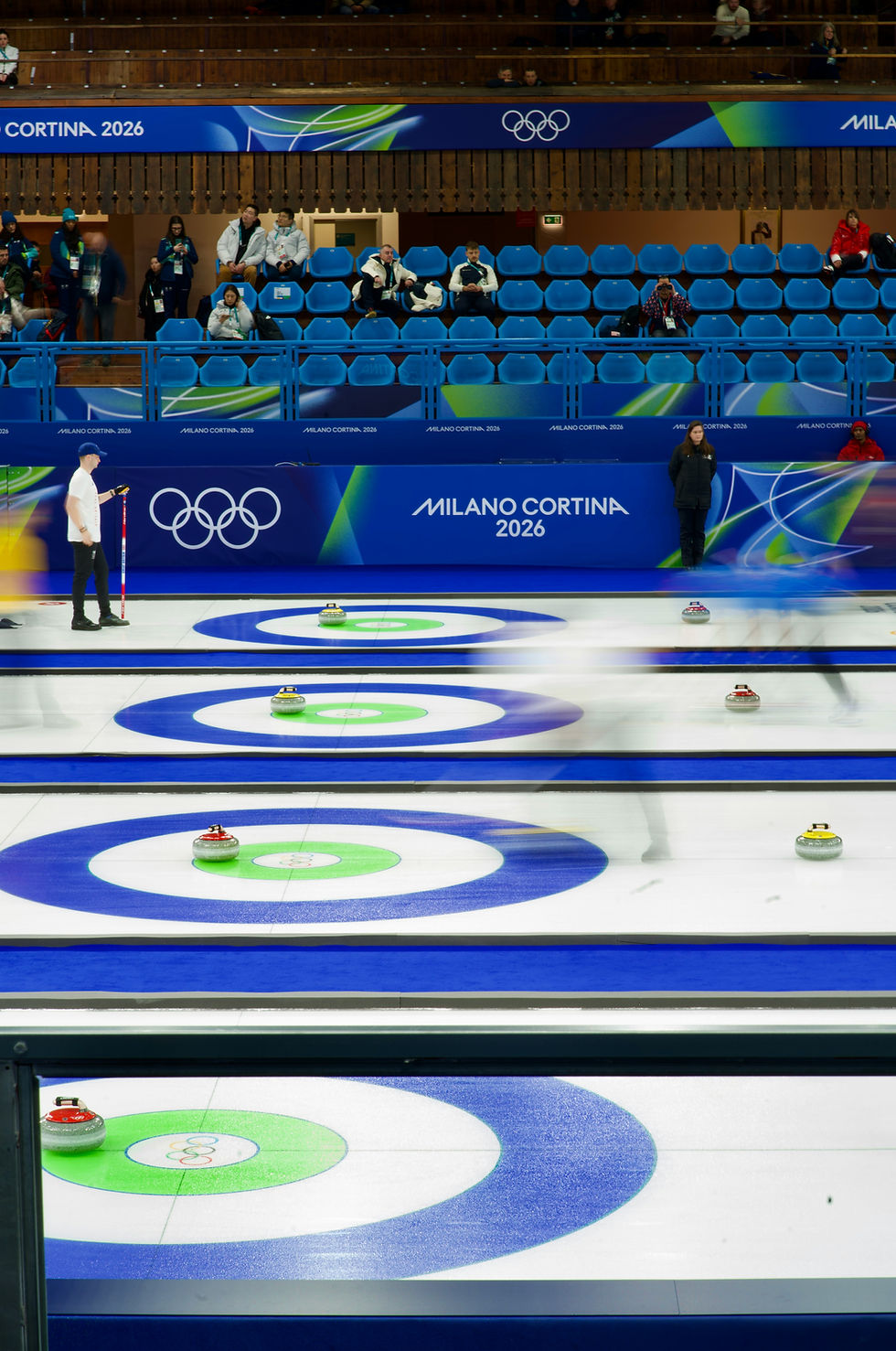Pondering on AI (entertainment perspective)
- Q Cummins
- Oct 11, 2023
- 2 min read
Q Cummins expresses their thoughts about AI in the music industry.
AI has become a constant in the last few months, from TikTok covers (my personal favourite being 'Chicken Gasolina', an AI cover of 'Gasolina' by Daddy Yankee if he was actually several chickens) to unofficial mashups. Notably, ‘Heart on My Sleeve’ by AI Drake and the Weeknd is now unavailable as the song has been pulled from streaming services for infringing on the artists' rights.
But while Drake and the Weeknd have yet to declare their support for AI, some other artists have welcomed the trend. When talking to the BBC at the BMI Awards, several artists stated that AI is a convenient way to test out new sounds while facing writer’s block. One big example of AI entertainment is GrimesAI, based on the singer of the same name.
GrimesAI is an open-source software that allows anyone to use Grimes’s vocals on a track, she only requests that they split the profits 50/50 with her and do not do anything distasteful. Currently sitting at over 105,000 monthly listeners, GrimesAI has a varied discography that is likely to only grow larger with time. Songs such as ‘Cold Touch’ (GrimesAI and Kito) have a strong techno influence that fits perfectly in a club, while ‘now4now’ (GrimesAI and ScoobertDoobert) is a soft bedroom pop tune.
Voice-based AI programs like these described, while scary in concept, are actually not too far from the software we’ve already had for years. Singing voice synthesisers have been responsible for fully digital characters such as Hatsune Miku, developing thriving musical careers from as early as 2004. The use of hologram characters at concerts can be traced back to Gorillaz at the 2006 Grammys. It feels like the techniques and intentions behind AI software have always been there, the process has just been streamlined.
It’s difficult to really say where the line between AI will end and artists will begin in the future, but the biggest difference right now seems to be who can access the technology. What once required expensive equipment can be accomplished by anyone for free on their phone, but at what cost to the artist's identity?
Edited by Anna Cao



Comments